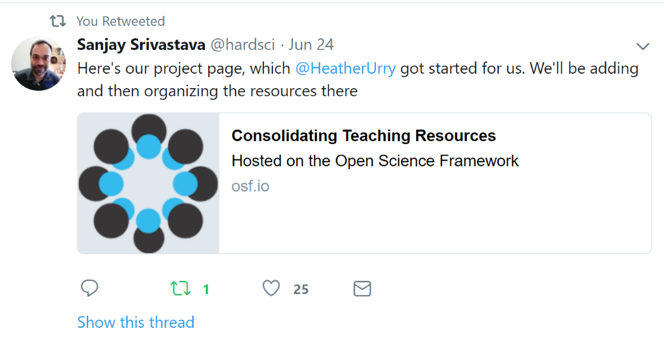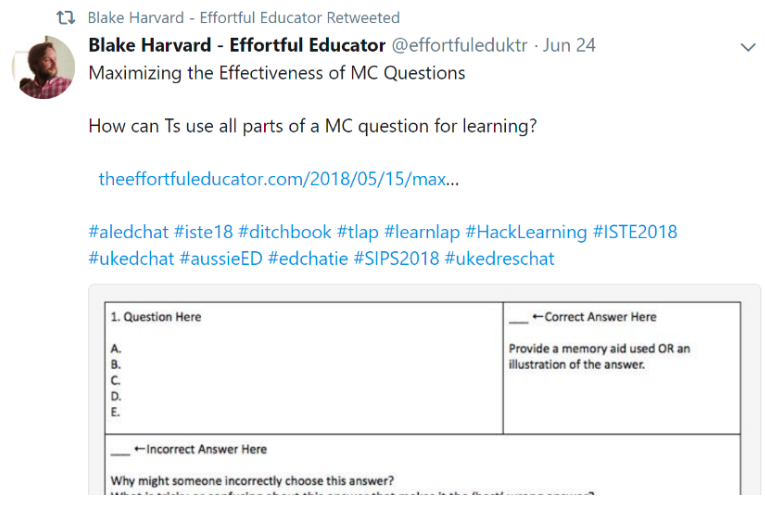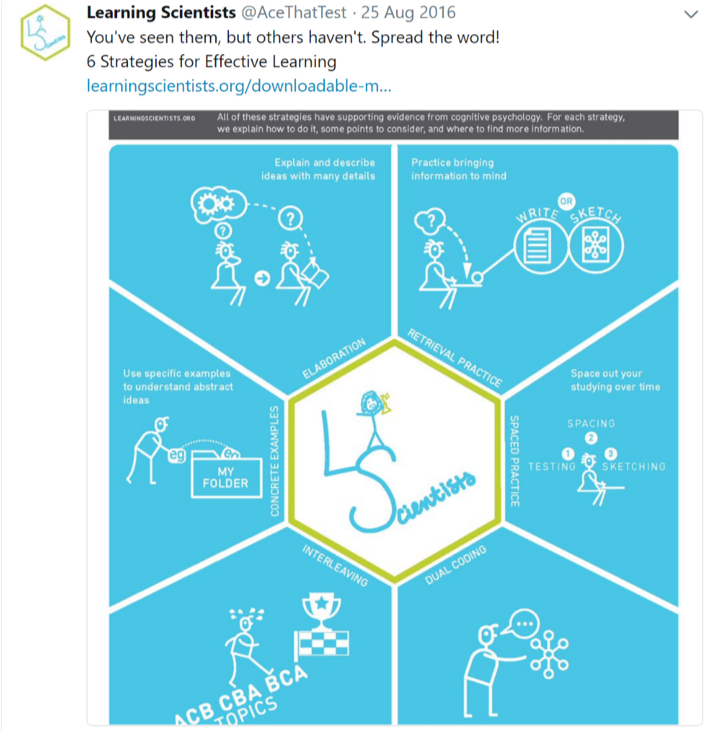By Raechel Soicher, Graduate Student, School of Psychological Science, Oregon State University
To give you an idea about the power of Twitter, I sent out the following Tweet on June 22nd @ 3:07pm:
For anyone that's a #gradstudent - what are the pros and cons of using social media professionally for you? Working on a blog post, hoping to quote some folks :) #AcademicTwitter #phdlife @legogradstudent #phdchat
Within three days, over 21,000 people had seen the Tweet, it got 45 “likes,” 34 “replies,” 18 retweets, and led 81 people to view my Twitter profile. The responses had a surprising amount of overlap. The benefits of using social media professionally?
1. Being part of a larger community
i. @MassSpecMaven says “Some of the best support, on the hardest days of that #phdlife, was from complete strangers with a shared experience. #WomeninSTEM #BlackandSTEM #marginsci #LGBTinSTEM”
ii. @rebecca_quelch (among almost every other person that responded) discussed the value of “a whole community of support and similar experiences that is so valuable.”
2. Building a professional network
i. @Elusieum points out “People at conferences recognize me from Twitter, and it is a great conversation starter for networking”.
ii. @mthomp_soc said “In the few months I've been on Twitter I've found recent publications, people in my field I hadn't heard of, and gotten a better sense of the current debates and the movement in the field. I know better who I need to be citing to be taken seriously as a contributor to the field.”
3. Exploring new opportunities
i. @AlzScience got started in paid science communication freelance work through Twitter
ii. @amy_nusbaum was asked to contribute a publication through a contact she made on Twitter
iii. @TheresaWege - found her job through Twitter and has been approached by recruiters there as well. She also speaks to the power of Twitter for introverts.
4. Finding Teaching Resources
 Resource for teaching about Open Science and the Credibility Revolution in Psychology
Resource for teaching about Open Science and the Credibility Revolution in Psychology
 Resource for improving the effectiveness of multiple-choice questions.
Resource for improving the effectiveness of multiple-choice questions.
 Downloadable posters illustrating principles from cognitive psychology for improving learning. (Definitely follow @AceThatTest)
Downloadable posters illustrating principles from cognitive psychology for improving learning. (Definitely follow @AceThatTest)
The cons of using Twitter professionally? Less than a handful of folks actually mentioned disadvantages to using Twitter. Most often cited: Twitter distracts you from [all things PhD-related]. Another person mentioned being “angry at politics all the time.” I was surprised that only one person spoke to this - in my own experience, Twitter is a great, but often depressing, news source.
Tips for Professional Twitter
1. Use your full name - In academia, your name is your brand (Vander Wheele, 2018)
2. Follow, follow, follow - If you see Tweets that interest you, give that person a follow. The more people you follow, the wider the range of things you will see in your feed. Follow hashtags for conferences or for topics you are interested in.
3. Posting pictures? - Be sure they’re not copyrighted and be sure to include an Alt-tag for accessibility
4. Think before you post - Like it or not, potential employers are getting thousands of job applications and sometimes use Twitter (valid or not) to learn more about candidates.
5. Take a break - Ok, so you maybe haven’t even started using Twitter yet, but it’s never too early to point out that using social media can get out of hand pretty quickly. The minute it fails to add to your quality of life, take. a. break.
Additional Resources
1. Do yourself a favor and follow @Legogradstudent who hilariously frames the ups and downs of being a graduate student.
2. Read this short post from Dr. Christopher Madan on the benefits of social media in academia
3. Weinstein and Sumeracki (2017) article on Twitter and blogs for psychological scientists
4. Short blog post: Teachers on Twitter
Raechel Soicher, M.A., is a doctoral student in the School of Psychological Science at Oregon State University. Raechel is interested in translating psychological science to promising pedagogical practices. Follower her on Twitter: @rnsoicher